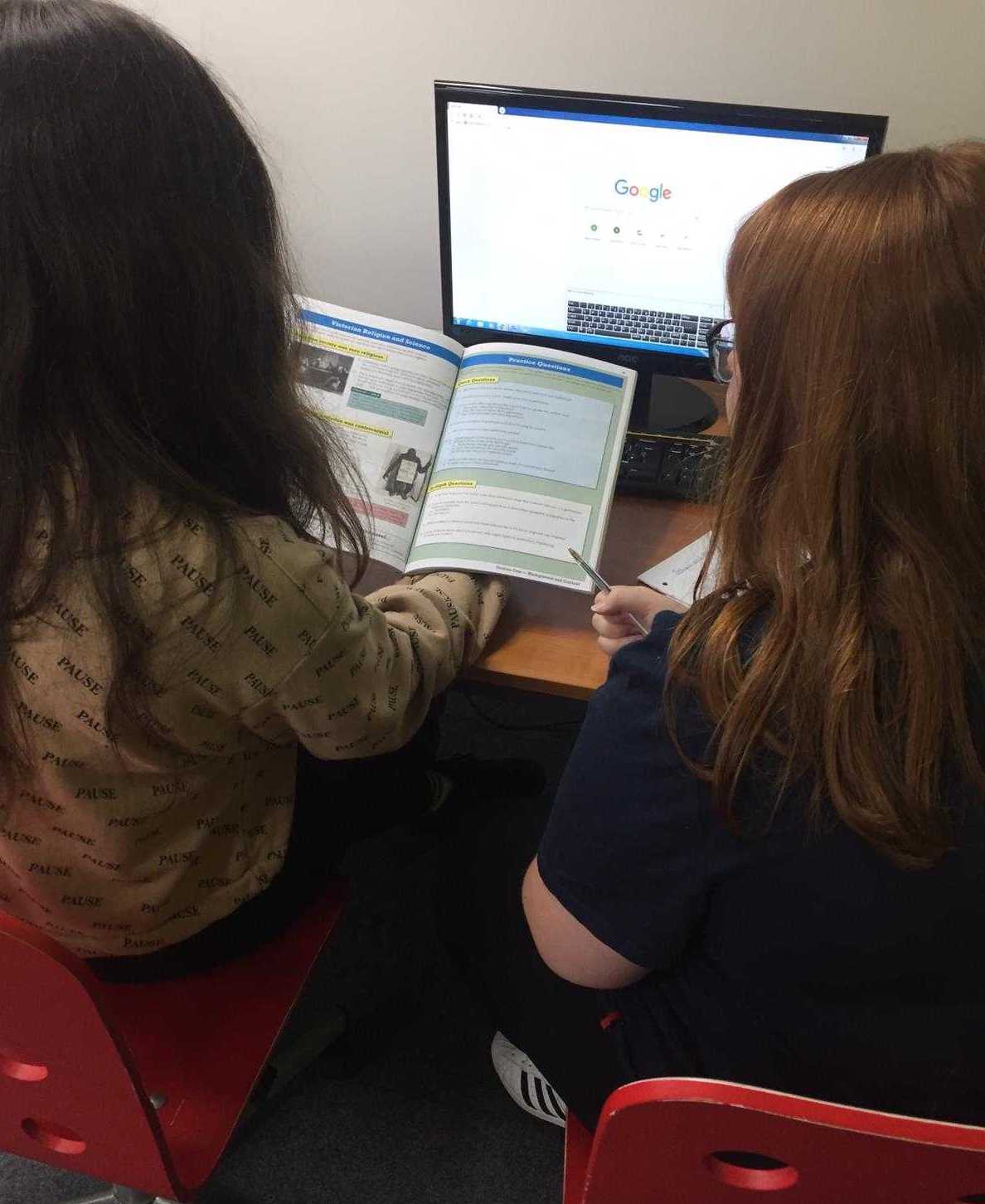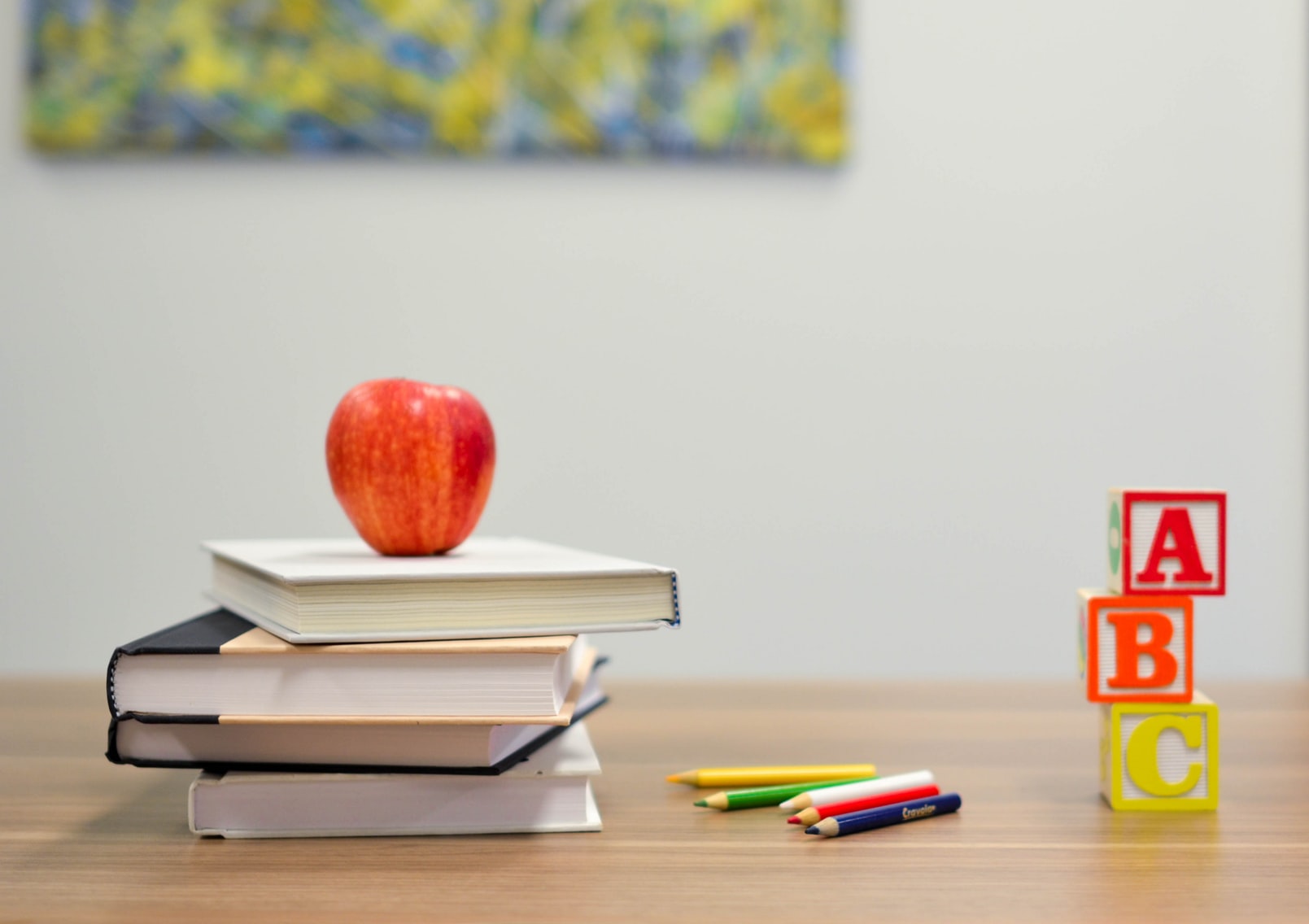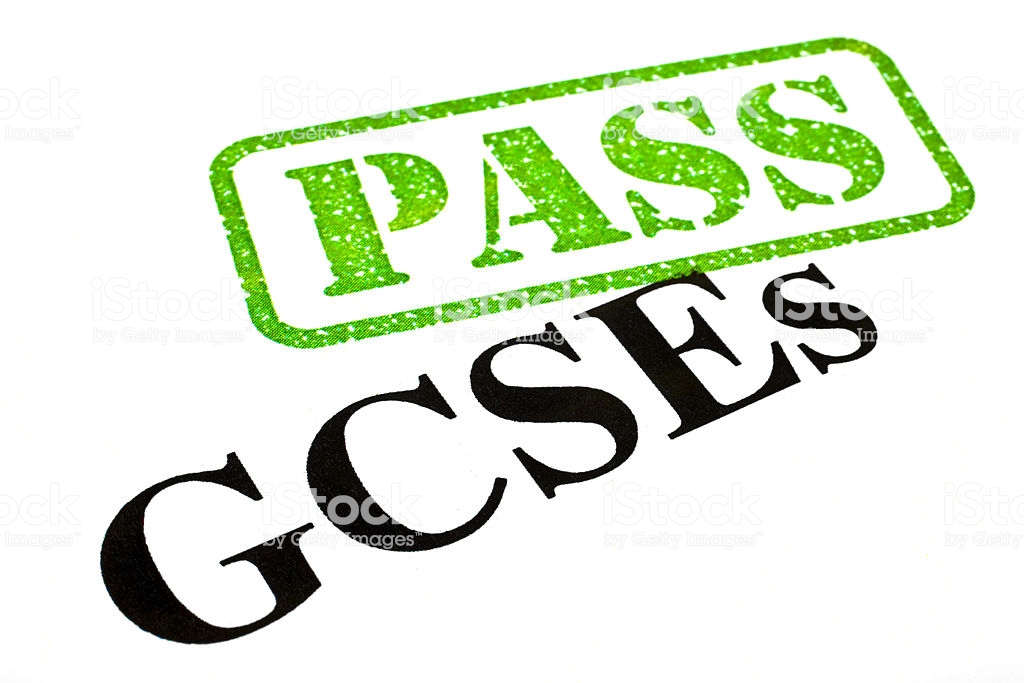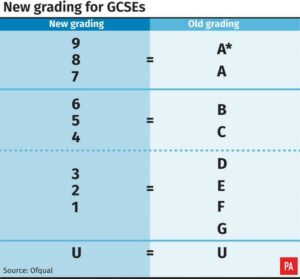GCSE Revision Schedule
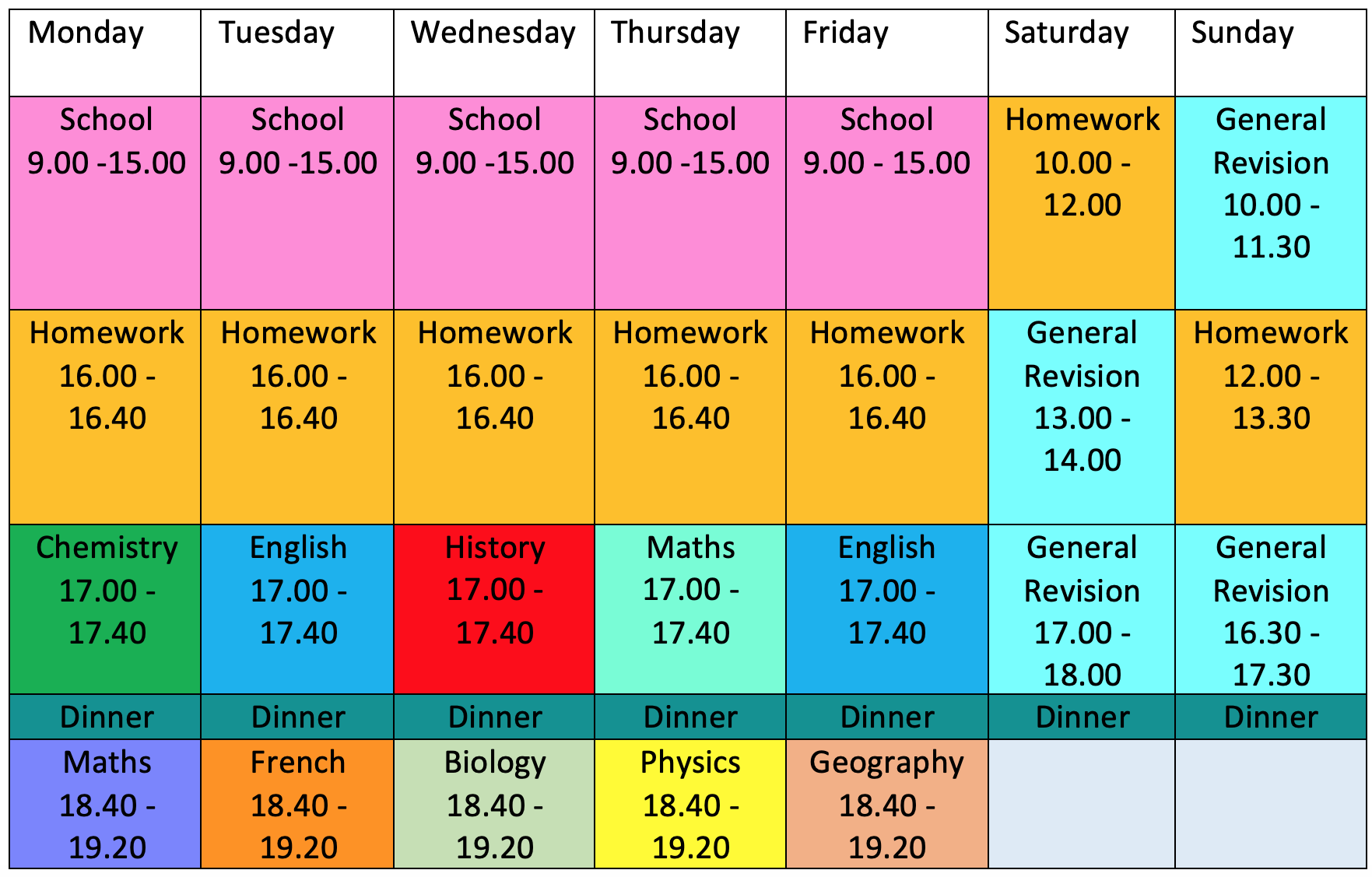
For students in year 11, GCSEs are the most challenging year in your life so far. Time management and creating a GCSE revision schedule is encouraged if you want to be on track to hit those predicted grades.
Follow these top tips to make this year that little bit easier for you and manage your time effectively:
Key Dates
Note down all key dates, for exams, mocks, deadlines, and so on. This way, you are prepared for everything in advance and can plan and organise your time around these important academic dates. There may be quite a few dates, so colour coding can help to organise them. For example, mocks can be in one colour, and exams in another, to differentiate.
Create a poster
Posters are a visual way of displaying important information, from key dates to revision notes. You can purchase A3 paper and display it in a large poster format somewhere visible, like the kitchen or on a bedroom wall, where you will regularly see them. For a revision poster, you can choose which topics and modules you’re going to study and stick to it, so that it’s easier to break down each subject. Leave blank time-slots on the timetable to go back to any topics that were difficult, or for testing yourself and going through what you’ve learnt.
Managing time
Decide how you are going to divide your revision time between subjects. You can choose which subjects require more attention, if necessary, or divide time equally. Make a list of strong topics and weaker topics, then decide how much time to dedicate for each one, and prioritise the more difficult subjects. Also consider how much material there is to learn for each subject, whether the subjects are essay-based and take longer writing out, and how progress is from feedback and recent test results.
Study space
Find a place that you concentrate best, and stick to completing your homework and revision here. Whether it’s the library or home, or maybe even a coffee shop, different people learn in different ways. You may find you prefer a busy or quiet environment, so find which way works best for you and stick to it.
Additional tuition
If there are certain areas that you are struggling with, perhaps consider attending after school tuition. StudyBox provides 1-1 support in GCSE maths, English and science. We have friendly tutors who are willing to help you to achieve your predicted grades!

